After a two-hour call between U.S. President Donald Trump and Russian President Vladimir Putin, Russia reiterated its refusal for a full ceasefire in the war in Ukraine while the U.S. once again failed to respond with any significant pressure.
For observers across Europe, watching the way the negotiations have been unfolding was an unpleasant reminder that the U.S. can no longer be relied on as a partner — but it was not a surprising revelation.
"Chewing the same gum which has lost its taste is not the best experience," Mykola Bielieskov, Research fellow at Ukraine’s National Institute for Strategic Studies, told the Kyiv Independent.
Frederic Petit, a French National Assembly deputy, was similarly underwhelmed by the information shared about the call.
"It gives nothing, because of all the contradicting signals that are coming from the Kremlin and also a few of them are coming from the Trump administration," he told the Kyiv Independent.
"For example, about the business deal that (they) could do together — does it mean, Mr. President, that you will shift the sanctions or not?"
The phone call, which took place on May 19 after a conversation between Trump and President Volodymyr Zelensky, was followed by another call between Trump and other European leaders, including the Ukrainian president.
According to Zelensky, during his phone call with Trump, he advocated for a ceasefire, for the opportunity to express views on a potential memorandum that will be negotiated between the U.S. and Russia, and for decisions about Ukraine not to be made without his country’s inclusion.
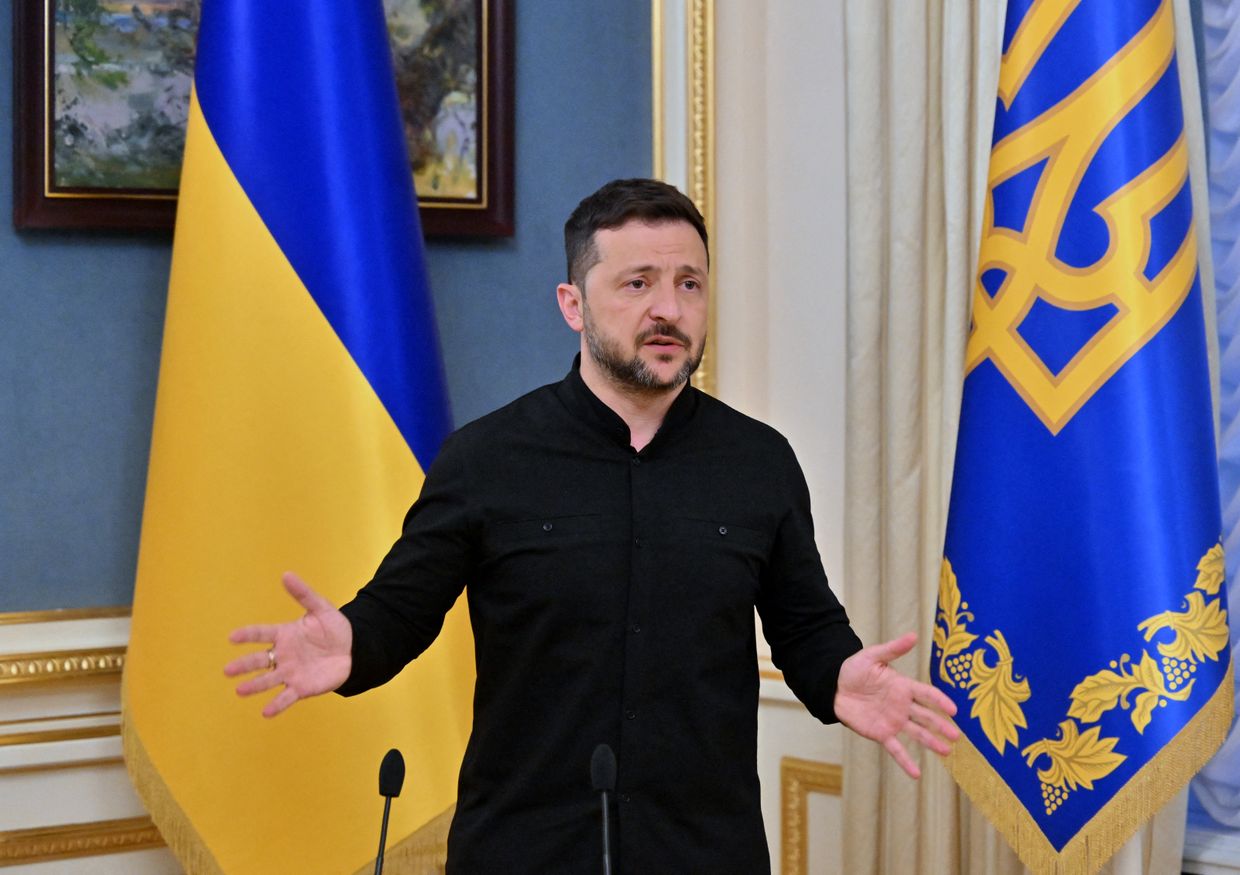
But Russia did not back down from its maximalist demands during the call, according to statements from officials. It has repeatedly demanded that Ukraine hand over more territory than Russia currently controls — a non-starter for Ukraine and a condition that has been a roadblock in negotiations.
'Imitating negotiations'
Throughout the peace process that began when Trump took office in January, Trump has repeatedly put heavy pressure on Ukraine to make concessions to Russia, while refusing to apply similar tactics to Russia.
As information about the discussions reached experts across Europe, it was yet another of many reminders since Trump’s election that Europe will need to be more self-reliant.
"Russia is prepared for a prolonged war and is currently not thinking about peace," Eitvydas Bajarunas, ambassador at Lithuania's Foreign Ministry and visiting fellow at the Center for Europe Policy Analysis (CEPA), told the Kyiv Independent.
"Clearly, Russia would prefer a short pause to catch its breath, and ideally, to see some sanctions lifted. At the same time, Putin doesn’t want to discourage Trump, so he will continue to respond positively to Trump’s requests to consider ending hostilities — though only by imitating negotiations."
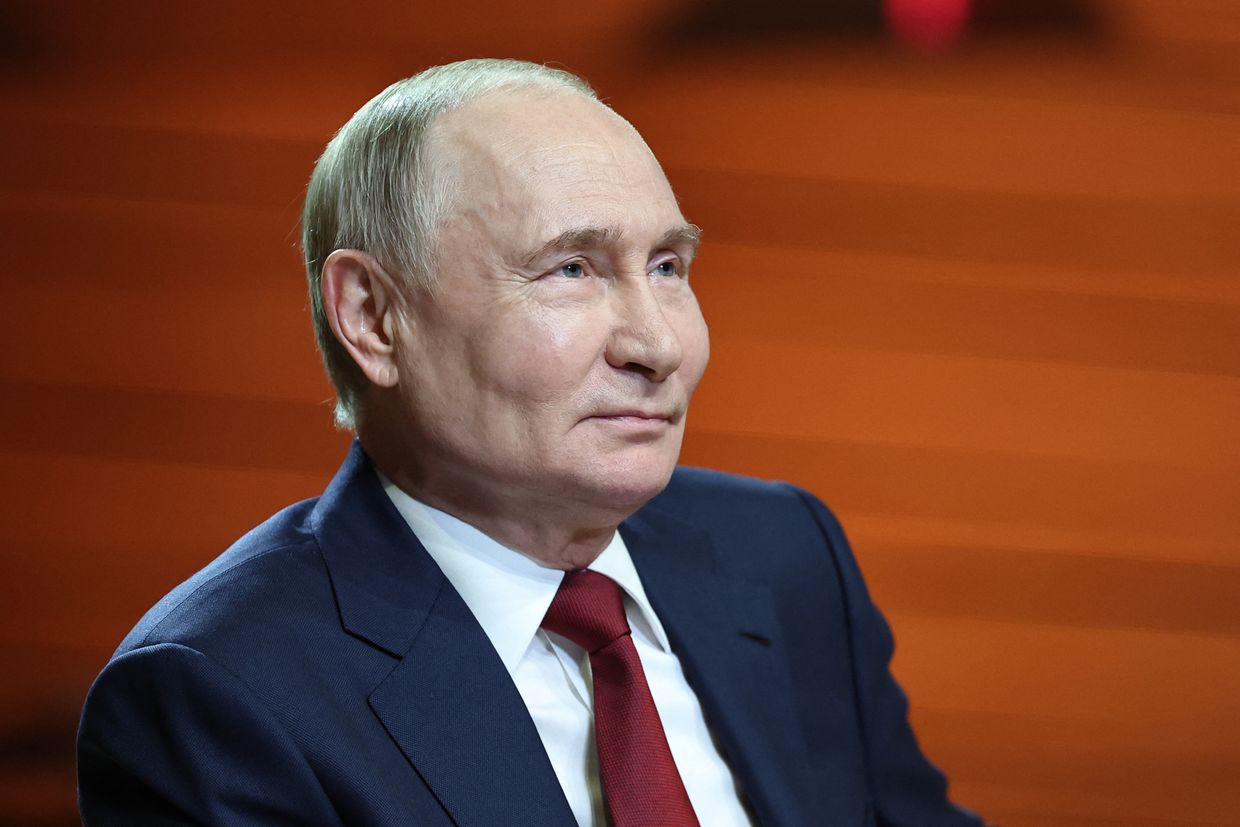
Bajarunas also noted that negotiations for peace in Ukraine have fallen in priority for Washington.
Having failed to deliver on a campaign promise to end the war within 100 days, Trump again threatened on May 19 to abandon efforts to end the war if progress was not made towards a peace deal.
"Europe can do more, but is choosing to hope for either Putin or Trump changing their minds."
"In this context, I see only one solution. Europe must take responsibility and lead the way — impose sanctions on Russia, supply weapons to Ukraine, and offer a concrete peace plan," Bajarunas said.
"Time to wake up. It’s now or never," he added.
The subsequent phone call with European leaders was one positive sign, said Yohann Michel, a senior research fellow at the defense research institute IESD in Lyon.
"This time, he's calling the Europeans and we might actually have the Europeans at the table," Michel said. "Instead of having bilateral or trilateral talks somewhere where we are out of the room and out of the situation, we might actually be able to participate directly."
Yet Michel also added that Trump’s stance has shifted frequently and previous positive signals have been sometimes short-lived.
"My first reaction was to think, okay, there we go again. Trump had a different conversation with someone else. Therefore, he will now completely change his representation and understanding of the issue."
'Everyone is playing their part in this charade'
Europe has repeatedly called for ramped-up support to Ukraine as the new U.S. administration has signaled its unwillingness to continue providing aid to Kyiv.
"While discussions about European-led peacekeeping or security assistance are still in early stages — and would be complicated without U.S. backing — the UK and its allies are beginning to think seriously about what a more self-reliant European response might look like," said Ievgeniia Kopytsia, a legal expert and visiting research fellow at the University of Oxford.
The day after Trump and Putin spoke, the EU approved its 17th package of sanctions against Russia, including measures against Russia’s "shadow fleet" of oil tankers, which the country uses to break embargoes and sustain its economy.
"More sanctions on Russia are in the works," top EU diplomat Kaja Kallas said on X, announcing the package.
But for many, Europe’s measures fall short of the moment.
"Trump is constantly surprising everyone by how he manages to help Putin justify continuing his aggression. And everyone (Ukrainians and Europeans) is playing their part in this charade," Gabrielius Landsbergis, former Lithuanian Foreign Minister, told the Kyiv Independent.
"Europe can do more, but is choosing to hope for either Putin or Trump to change their minds."
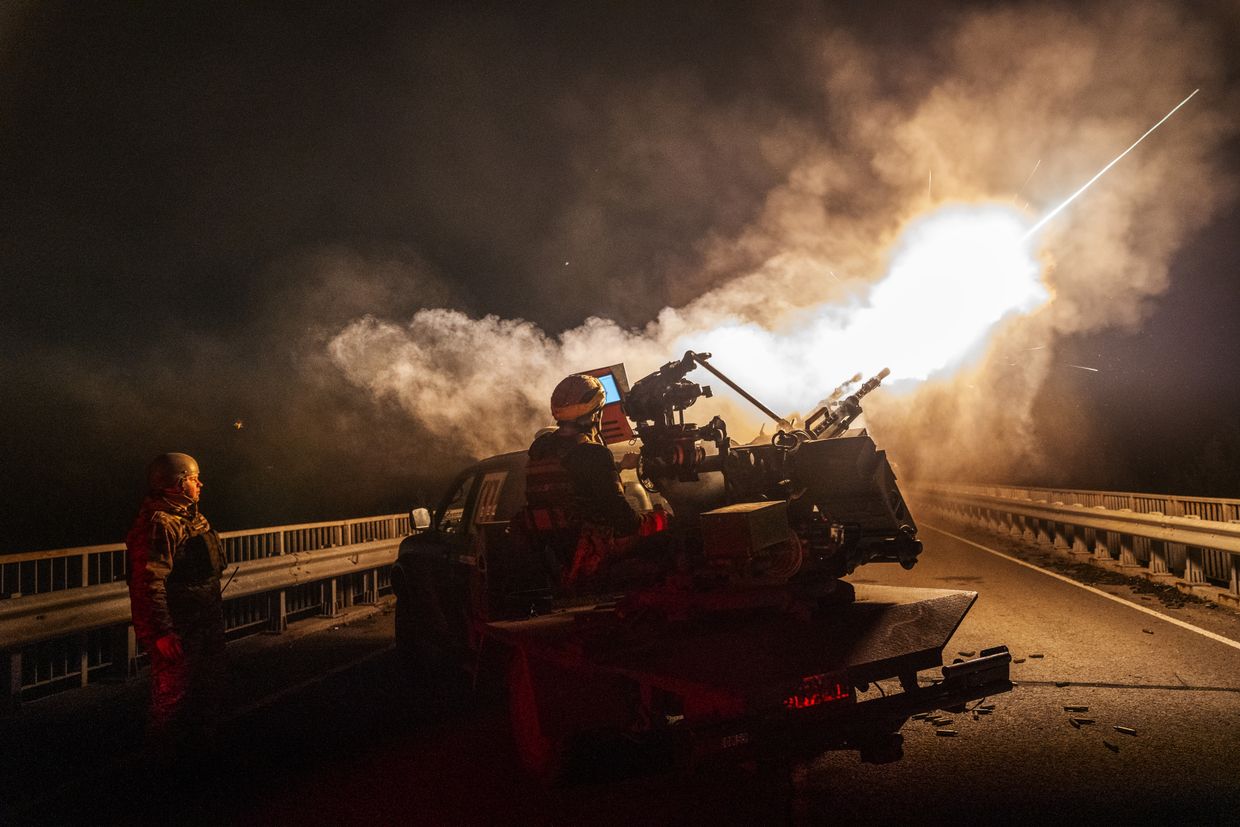
One step Europe could take would be to quickly unfreeze Russian assets that have been seized and transfer the money to Ukraine, Evelyn Farkas, executive director of the McCain Institute, told the Kyiv Independent.
"They can ramp up their production of drones. That's not the only thing they need, of course. They need training. Europeans could come in and train again, especially if more air defense is provided."
"But there is not a sufficient sense of urgency," she said. "It's bad enough that the United States doesn't understand that we're on war footing. But the fact that the Europeans don't understand that is really distressing."
Dementiy Bilyi, a 56-year-old political scientist and local historian, has watched Europe’s response from Kherson, a city which remained under Russian occupation for 256 days from February to November 2022 before it was liberated during the Kherson counteroffensive.
Bilyi is trying to keep in touch with people on the Russian-occupied left bank of Kherson Oblast, who keep him informed about the information space in the area, which the Kremlin dominates.
"Many Russian Telegram channels are created in the occupied part of the Kherson region. They often try to spread the narrative that Russia will come back here," he said.
"People are tired; they need support. They need to hear words of support from our European partners and allies. This helps them not to lose hope."
‘Trump doesn’t know how to deal with gangsters’ — US lets Ukraine down, once again
In what is now a semi-regular occurrence, the workings of U.S.-led global diplomacy has cast a dark shadow over Ukraine. U.S. President Donald Trump spoke with his Russian counterpart, Vladimir Putin, on May 19 in the latest attempt to broker a ceasefire in Ukraine. The call came

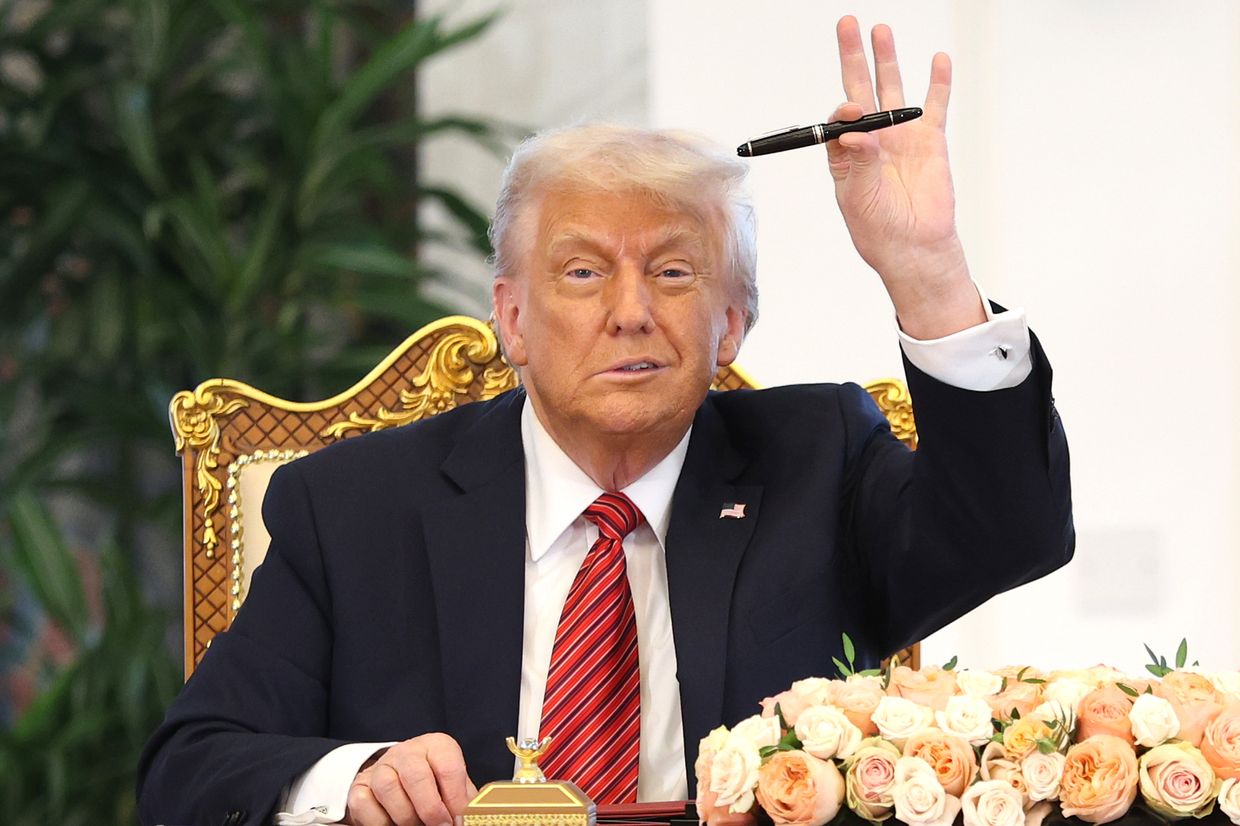
.png)
 German (DE)
German (DE)  English (US)
English (US)  Spanish (ES)
Spanish (ES)  French (FR)
French (FR)  Hindi (IN)
Hindi (IN)  Italian (IT)
Italian (IT)  Russian (RU)
Russian (RU)  4 hours ago
1
4 hours ago
1
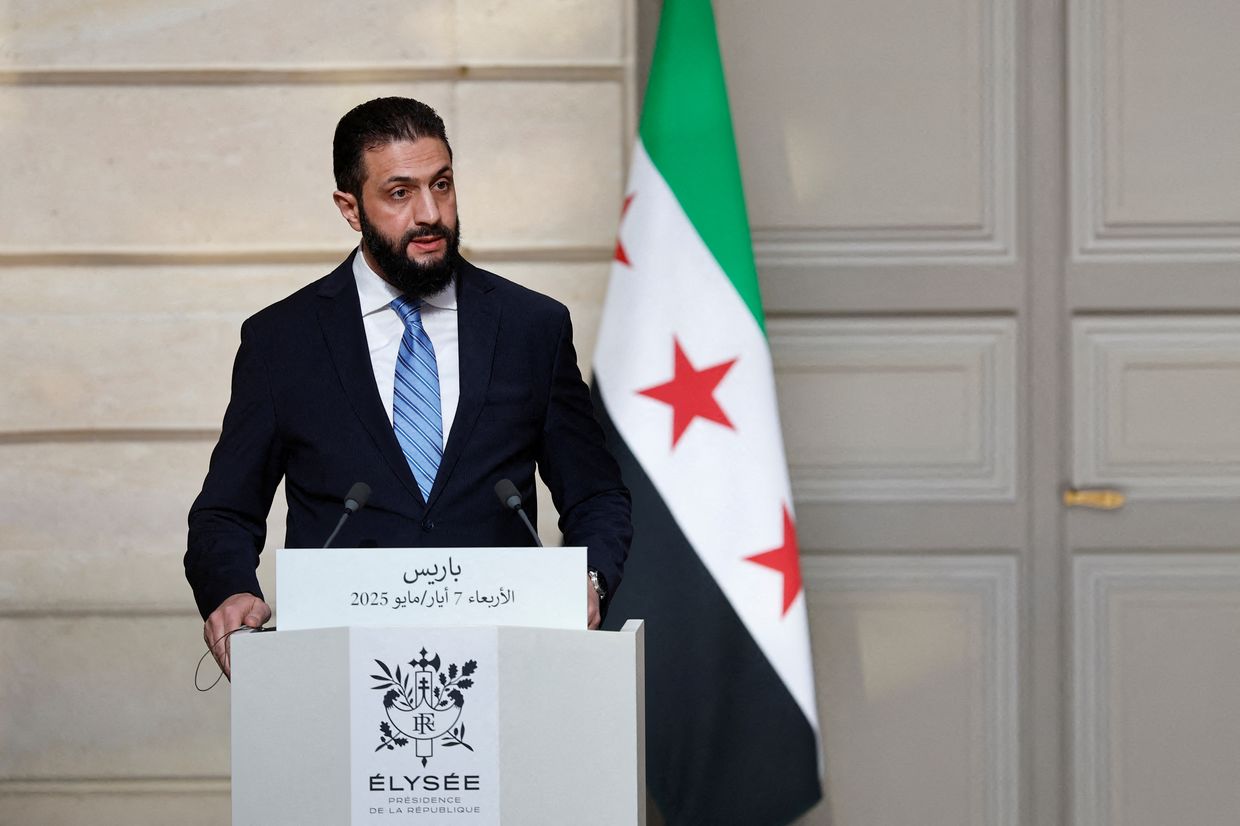
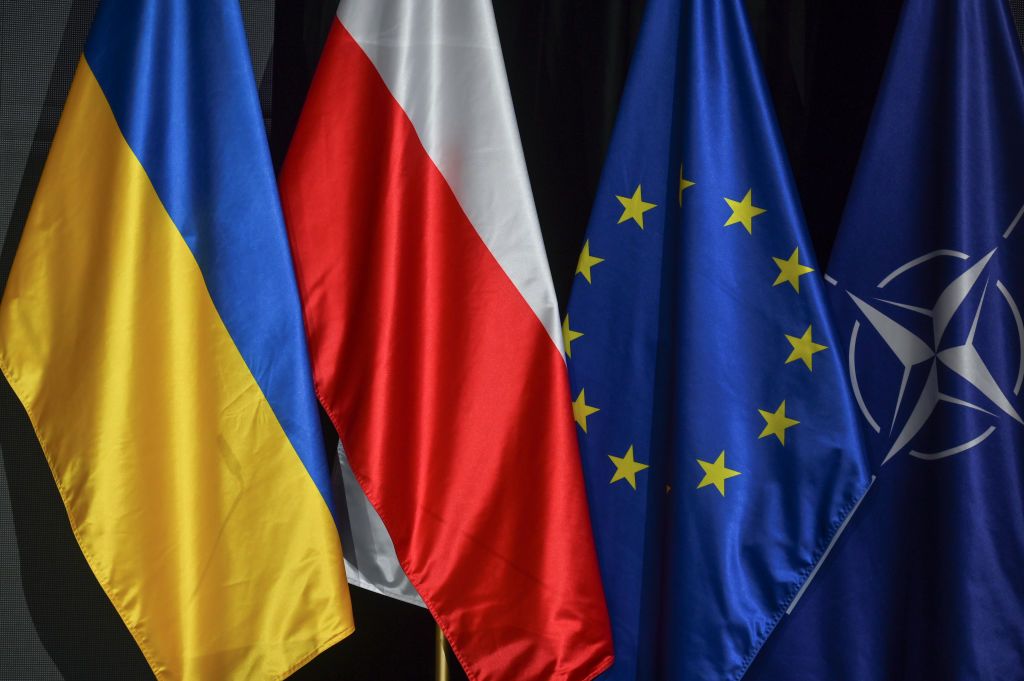
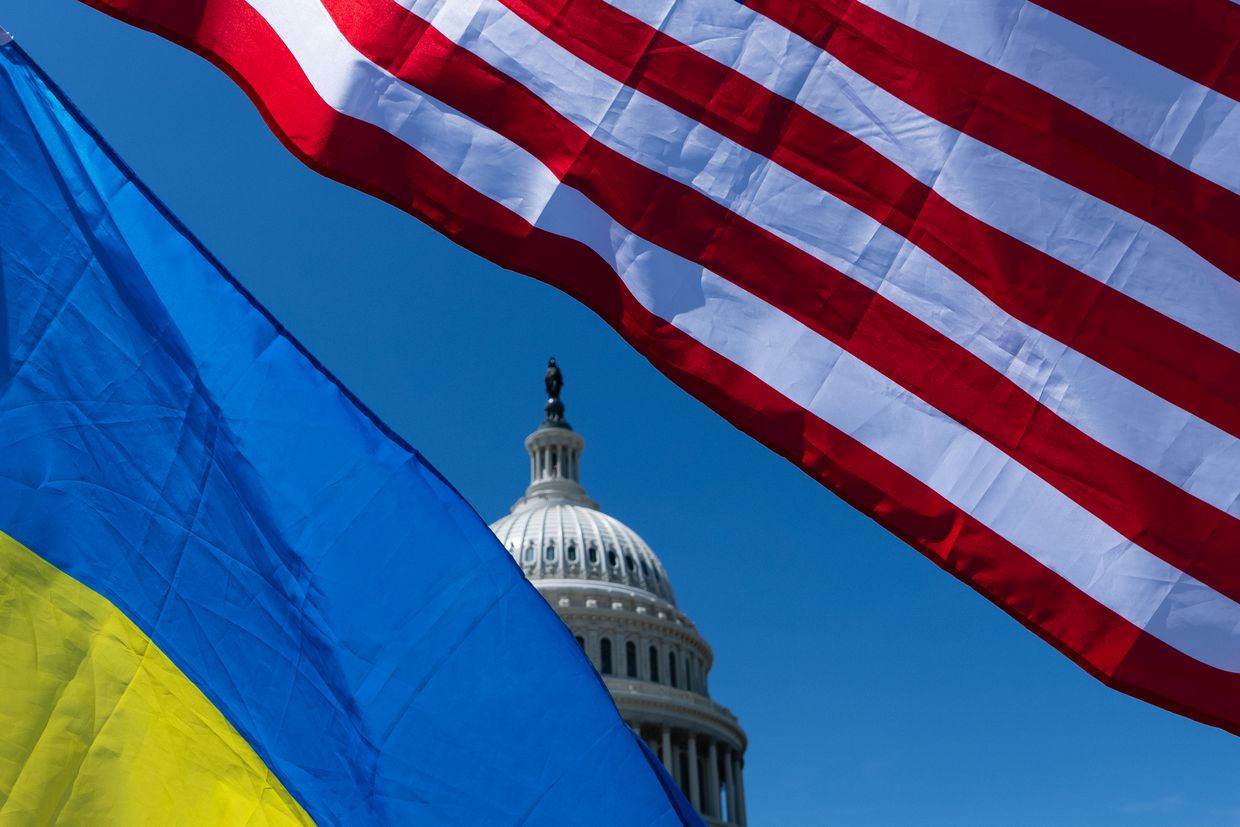
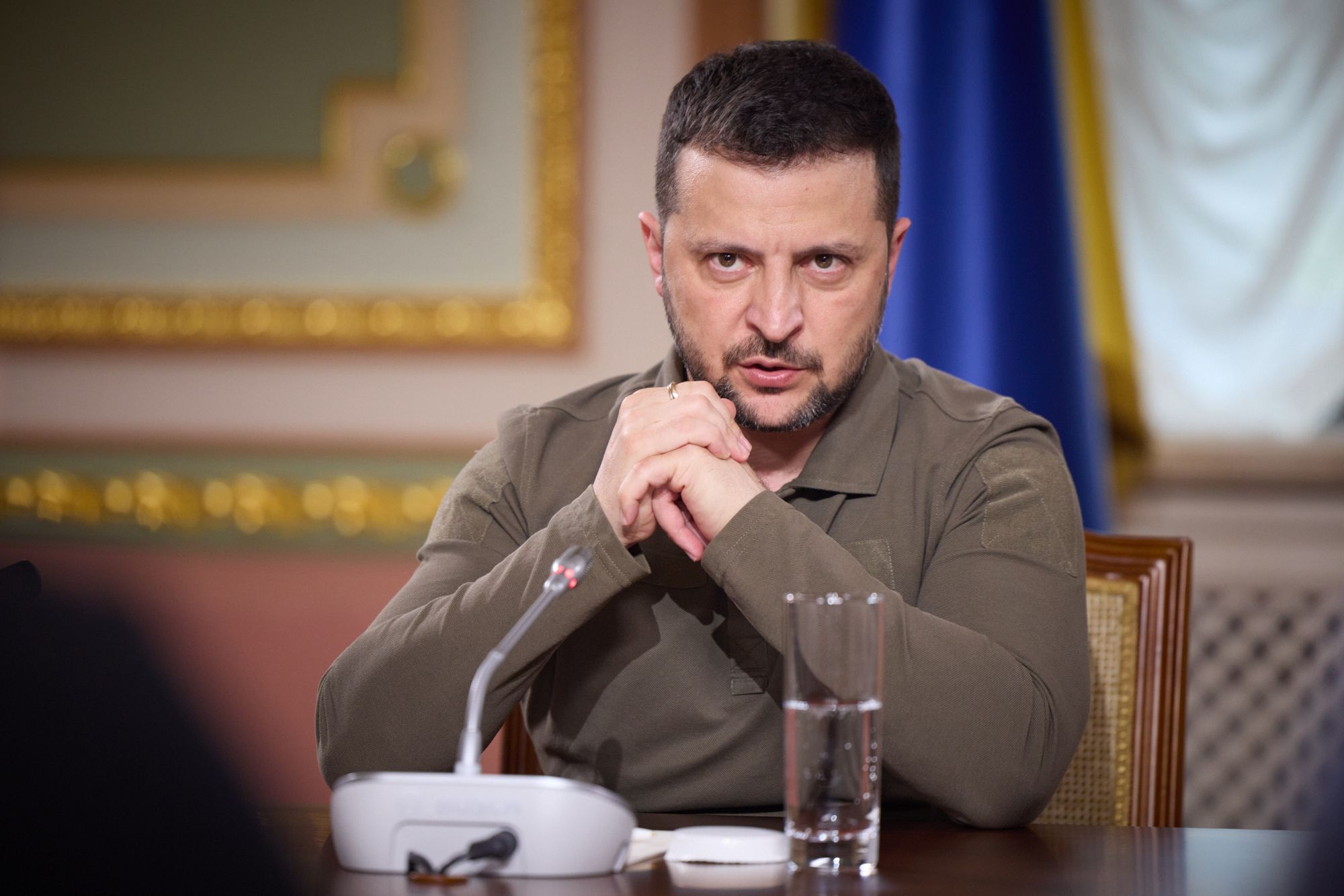
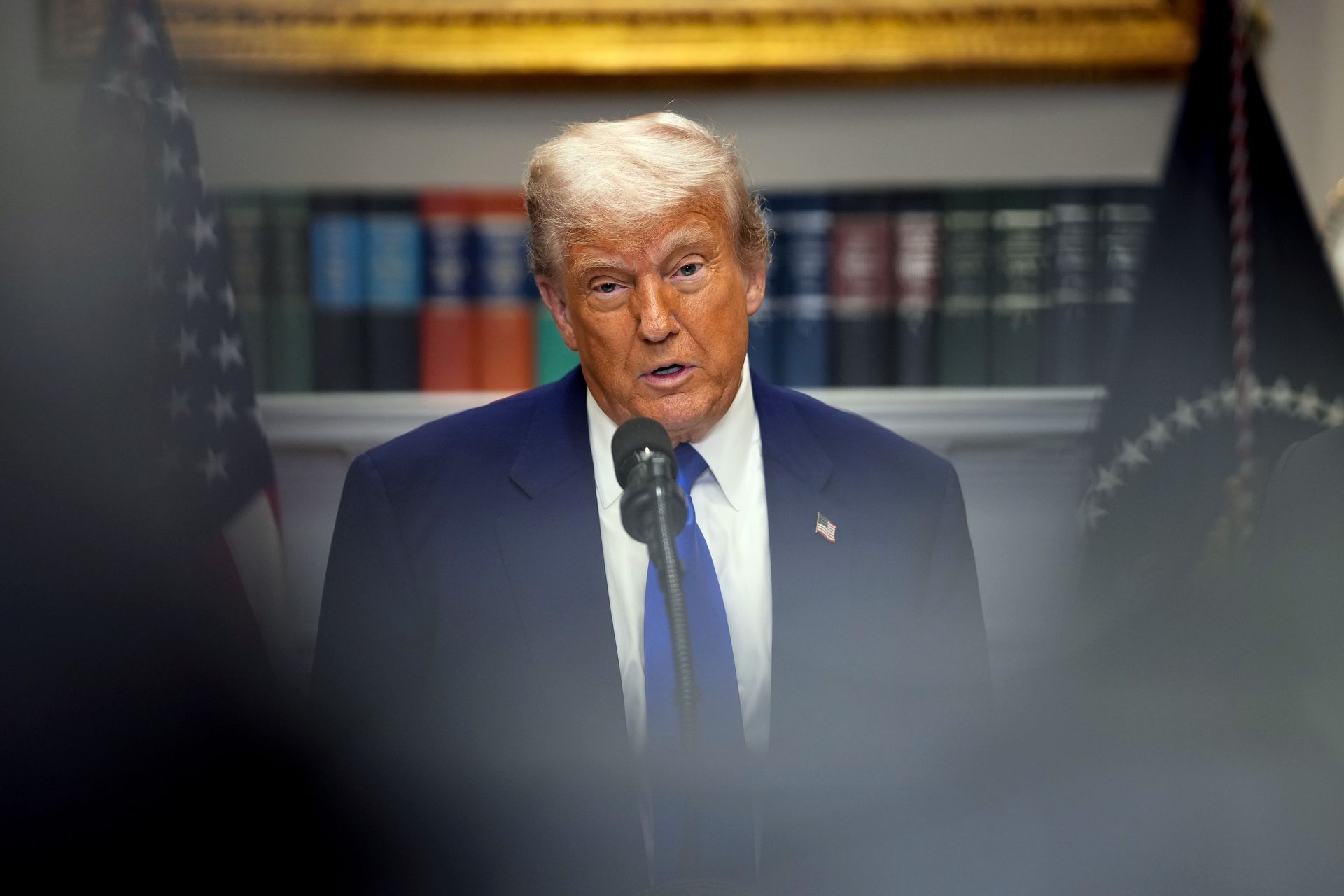




Comments